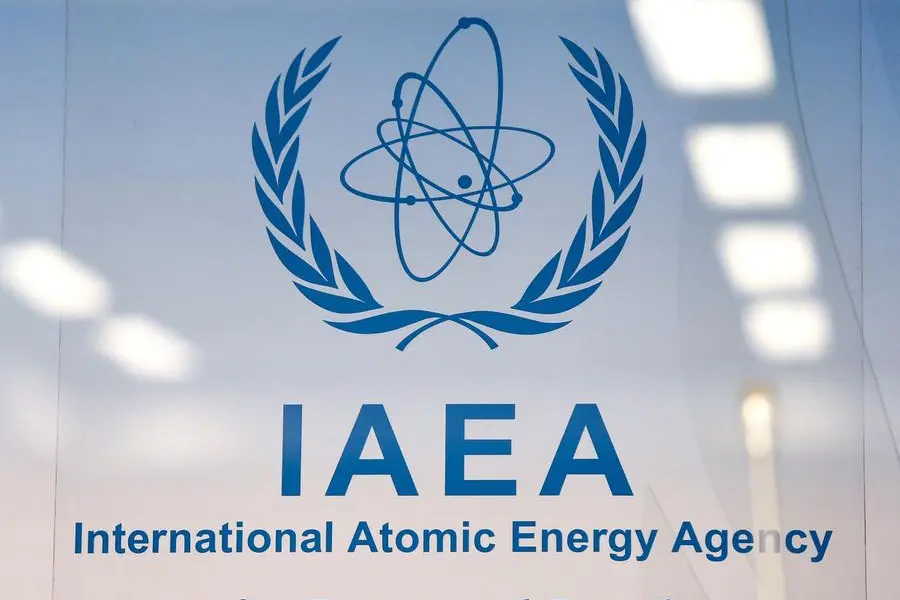PHOTO
The UN nuclear watchdog chief was in Iran on Saturday for expected talks with President Ebrahim Raisi and other officials after the discovery of uranium particles enriched to near weapons-grade level.
The two-day visit by the head of the International Atomic Energy Agency comes as the Vienna-based organisation seeks greater cooperation with Iran over its nuclear activities.
Rafael Grossi arrived in Iran on Friday and a diplomatic source told AFP that he would meet Raisi during his trip to "relaunch the dialogue" on Iran's atomic work and to "reset the relationship at the highest level".
Grossi had made clear "that he was only prepared to go to Tehran if he had an invitation to speak with the president," the source added.
Uranium particles enriched up to 83.7 percent -- just under the 90 percent needed to produce an atomic bomb -- had been detected at Iran's underground Fordow plant about 100 kilometres (60 miles) south of the capital, according to a confidential IAEA report seen by AFP this week.
Tehran denies wanting to acquire atomic weapons, and said it had not made any attempt to enrich uranium beyond 60 percent purity.
Iran's government noted that "unintended fluctuations... may have occurred" during the enrichment process.
The discovery came after Iran had substantially modified an interconnection between two centrifuge clusters enriching uranium, without declaring it to the IAEA.
Grossi was greeted Friday at Mehrabad International Airport by Behrouz Kamalvandi, spokesman for the Atomic Energy Organization of Iran, and later met with its head Mohammad Eslami.
They were to hold a joint press conference Saturday morning.
During the visit, the IAEA director general will try to secure "more access to the (Fordow) site, more inspections," the diplomatic source said.
France, a signatory to a 2015 deal that promised Iran relief from biting economic sanctions in exchange for curbs on its nuclear activities, described the new enrichment development on Thursday as "unprecedented and extremely serious".
Grossi's visit comes amid deadlock in negotiations on reviving the landmark accord, known formally as the Joint Comprehensive Plan of Action, or JCPOA.
- 'Greater cooperation' -
The restrictions set out in the deal, including the 3.67 percent enrichment threshold, were intended to prevent Iran from developing a nuclear weapon.
The United States unilaterally withdrew from the pact in 2018 under then-president Donald Trump and reimposed sanctions, prompting Iran to suspend the implementation of its own commitments.
Negotiations aimed at reviving the deal started in 2021 but have been stalled since last year.
Grossi's visit is being seen in Iran as another indication that a dialogue-based approach to resolving the nuclear standoff is possible.
"It is hoped that this trip will form the basis for greater cooperation and a clearer horizon between Iran and the IAEA," Kamalvandi said ahead of Grossi's arrival.
Iran's Foreign Minister Hossein Amir-Abdollahian told CNN that "the window for an agreement on negotiations to lift sanctions is still open, but this window will not be open forever".
Depending on the outcome of Grossi's trip, the US as well as Britain, France and Germany will decide whether to submit a draft resolution censuring Iran to the IAEA board of governors, which is due to convene next week in Vienna.
In November 2022, Western nations criticised Iran for its lack of cooperation after traces of enriched uranium were found at three undeclared sites.
Grossi last visited Iran in early March 2022, in a trip that was focused on the sites.
The IAEA said Grossi would hold a news conference upon his return to Vienna late Saturday afternoon.





















